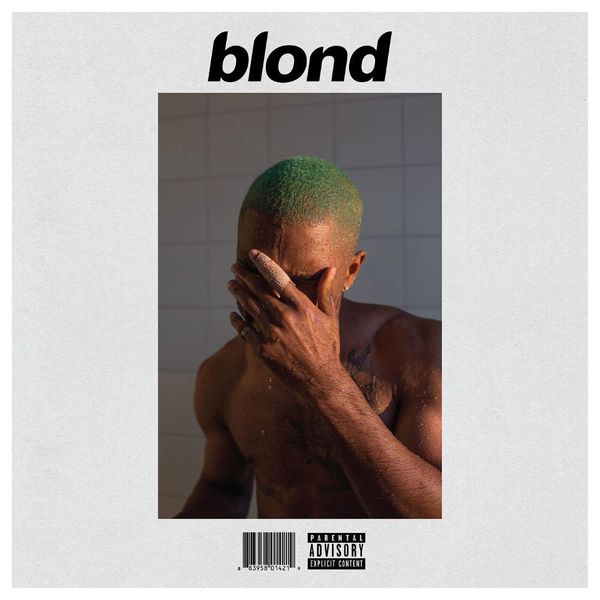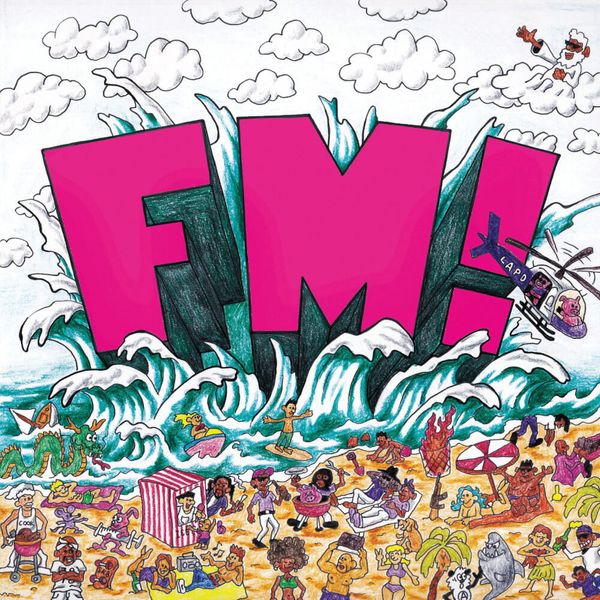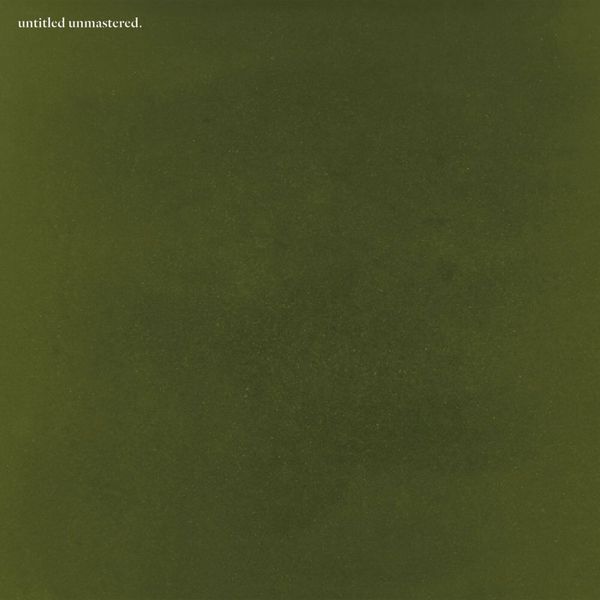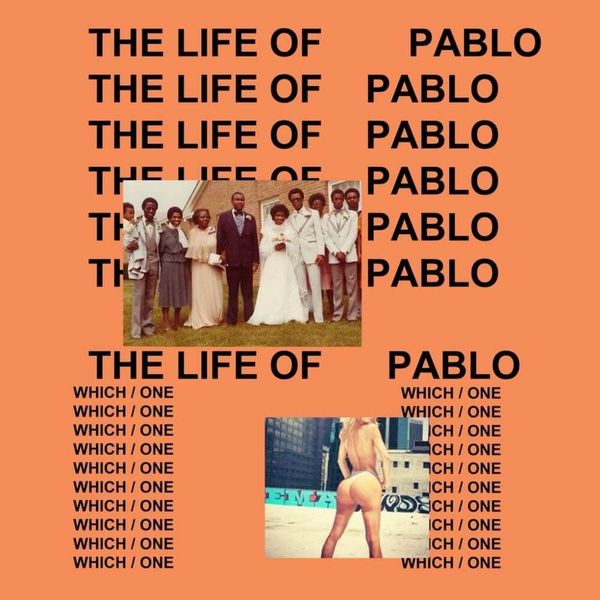André
I like Vince Staples, but I’ve never been sure where to place him. The American rapper is one of the most talented and exciting artists in hip-hop today, making a name for himself on Hell Can Wait, before going all in on his debut album Summertime ’06. Last year’s Prima Donna showcased a versatility that was impressive, but nonetheless left me wondering where the momentum was heading. The good news is that Big Fish Theory is his most progressive project to date, affirming his status as one of the most forward-thinking voices in rap’s current climate. Unfortunately, the album is a structural clutter, and it doesn’t reach the heights that the creativity deserves.
Big Fish Theory works towards a unique balance of hip-hop and club music, and achieves a genuinely innovative sound. The sonic palette is so vast; it will likely be replicated in the coming years. “Big Fish”, “Love Can Be…”, and “Homage” have the heart of hip-hop, but with the aesthetic of dance music. The glimpses of darkness inside Staples’ lyrics are well balanced by sharp hooks and infectious beats. That said, the record’s wobbly vibe hints at a degree of uncertainty. The entire experience feels intoxicated — it’s not so much swagger as it is stagger.
Instrumentals feel queasy, and the production, as sleek as it is, only enhances the sense of nausea. These aren’t criticisms, rather mere observations, and despite its oddities I wouldn’t be totally surprised if Big Fish Theory paved the way for conventional club music of the near future. Certain tracks have no doubt already made their way onto playlists, but ultimately, Vince Staples’ lasting influence depends on whether DJ’s are brave enough to drop industrial bangers like “Yeah Right” and “SAMO”.
Irrespective of any level of legacy Big Fish Theory creates, Vince Staples has created a notable buzz. He deserves credit for making an album of this kind that is as much fun to listen to at home as it is at a club. Only a lack of focus prevents it from being his first great record. Sometimes it’s a mild messiness, but the disorientation can occasionally be severe. Big Fish Theory has the essence of a prepared playlist rather than an album, which only strengthens its capabilities as a dance record, and a pretty good one at that. I’m never sure where to place Vince Staples, and as this review no doubt alludes to, Big Fish Theory has me more perplexed than ever.
7 out of 10
Fred
Big Fish Theory, the much anticipated follow-up to The Spilt Milk Equilibrium, is a complete mystery to me. Bursting at the seams with collaborators, writers, and producers, a distinct identity is sorely lacking. Nothing on the record holds a candle to work like the 2015 single “Norf Norf”, the off-kilter, conversational tone of which caught the imaginations of millions. Big Fish Theory, despite being much noisier, has far less impact. It reminds me of Kanye West’s The Life of Pablo, but without the redemptive zeal and colour of madness. The production is similarly bright here, but it doesn’t seem to be in service on anything.
When a work’s most touted quality is ‘experimental,’ rather than X or Y because of its experimentation, I usually don’t like it. Brian Eno’s Ambient 1: Music for Airports was experimental, but that was just a stepping stone to its own unique and lovely character. Lorde’s new album plays with pop tropes, but that’s not why it’s a pleasure to listen to. Playing around with sound and method can enable a work to grow into something fresh and distinctive, but if being experimental is as far as music gets then it has failed. A smouldering crater where a science lab used to be is experimental, but I doubt many would call it a success. I don’t hear the output on Big Fish Theory, all I hear is clutter, and such is its size and weight that Staples is buried beneath it all.
There’s every chance I’m just a miserable bastard who doesn’t know what he’s talking about, that the substance is there and I’ve fallen short of it. It certainly seems that way. I wouldn’t be the first to mistake the avant-garde for stuff and nonsense, but I don’t think that’s happened here. I really don’t. I think this is yet another gooey slop of a record that will be indulged as progressive and forward-thinking when all it is really doing is cowering behind an immense audio Rorschach test.
5 out of 10
Marcus
Vince Staples is undeniably talented, with a progressive approach to music that has built significant hype around his potential. The trouble I’ve had with his output, including with Big Fish Theory, has been in identifying his aims as a musician with any measure of precision. Listening to his latest release feels like an exercise in Guess the Influence, and the deluge of contributors serves to further mystify who or what we’re actually listening to.
Flume, Damon Albarn, Justin Vernon, A$AP Rocky, and Kendrick Lamar (to name a few) all appear either through production or vocals, but this dynamic range of styles never melds together cohesively to bolster Staples’ elusive sound. On the contrary, they drown him out. The album doesn’t afford its creator nearly as much space as he requires in order to lay claim to a vision that is definitively Vince Staples. American hip-hop melded with house, techno, trap, and UK garage is an interesting approach, and builds an album that is at once a brave nightclub playlist and an enjoyable late-night bedroom listen. However, as artistic expression, it’s frustratingly restrained.
That’s not to say that the album is devoid of quality or fun. The beats are punchy and slick, some of the flows on display are enthralling, and its chaotic structure only truly disengages on the weak tracks: namely “Alyssa Interlude”, “745”, and the terrible “Rain Come Down”. “BagBak” gives Staples the most room to breathe, carries the greatest air of authenticity, and ultimately comes off as the strongest offering on the tracklist. Meanwhile, Kendrick’s lone verse on “Yeah Right’ is a major highlight, blowing Staples out of the water to the extent that he feels like an afterthought on his own track. Bursting with character and flavour, Kendrick expose Vince Staples’ greatest shortcoming most evidently; to rise above the status of Hot Prospect, he needs to provide us with a more tangible identity of his own.
6 out of 10



